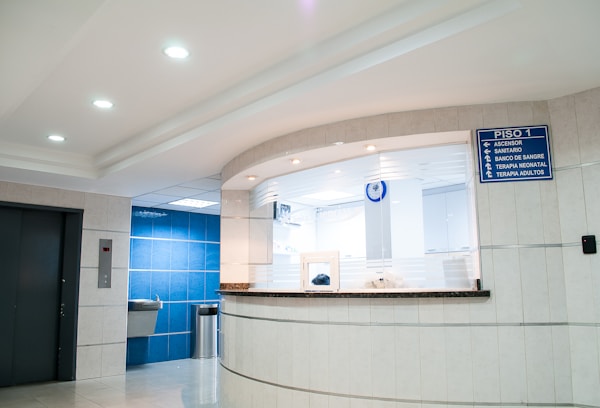Working for a hospital is a rewarding and unique career path that offers a range of exciting opportunities for professionals in different fields. Hospitals are dynamic environments where skills and expertise from various industries come together to provide high-quality patient care. Before embarking on a career at a hospital, it’s essential to understand the structure of the healthcare setting and where job openings are available. Keep reading to learn more.
What is the hospital supply chain?

The hospital supply chain is a complex system designed to ensure that healthcare providers have access to the necessary supplies, equipment, and medication when they need it. It’s a multifaceted network of manufacturers, distributors, and vendors that work together to deliver the right products to the right place at the right time.
The primary objective of the hospital supply chain is to ensure that patients receive high-quality care by providing healthcare professionals with the tools they need to diagnose, treat, and manage their patients’ conditions.
Because hospital workers are the front-line players who interact with patients, it’s essential for them to be involved in the hospital supply chain. Whether it’s a nurse reaching out to a supplier to order a medical supply or a doctor ensuring there are enough drugs available for their patients, hospital workers play a significant role in the hospital supply chain.
Every person in the hospital, from a surgeon to a janitor, has a role to play in supply chain management. They ensure that products are received and stored correctly, orders are processed and fulfilled promptly, and patient care is provided safely and effectively.
Ultimately, the hospital’s success depends on the collaboration and coordination of all its employees, including its supply chain staff.
Where can you find hospital jobs?
Prolink is an agency for hospital jobs. Their innovative platform is specifically designed to streamline and simplify the hiring process in the healthcare industry. It provides customized staffing solutions for hospitals, clinics, and other healthcare organizations, helping them find the most qualified candidates for their open positions.
With Prolink, healthcare employers can easily connect with qualified talent and find the best match for their organization’s needs. One of the primary benefits of Prolink is its ability to save healthcare facilities time and money. Traditionally, the hiring process for healthcare jobs can be lengthy and resource-intensive, with a lot of time and money spent on recruitment and screening.
Prolink streamlines this process by providing a centralized platform allowing healthcare employers to post job openings, review resumes, and communicate with potential candidates in one place. This saves time and resources, allowing healthcare employers to focus on providing quality patient care.
By using Prolink, healthcare facilities can save time and money while ensuring that they are hiring the most qualified and suitable candidates for their organization’s needs.
What is involved in working for a hospital?

Working for a hospital can be both challenging and rewarding. Hospitals are complex organizations that require a wide range of professionals to function efficiently. In addition to doctors and nurses, hospitals also employ administrative staff, custodians, food service workers, and a variety of other professionals.
One of the primary responsibilities of hospital employees is to provide high-quality patient care. This involves working closely with patients to ensure they receive the appropriate medical treatment and services. Working in this field requires excellent interpersonal skills, patience, and compassion. They must also work under pressure and quickly adapt to changing situations.
Another crucial component of working for a hospital is staying current on the latest medical developments and trends. This involves attending continuing education classes, staying informed about new technologies and treatments, and collaborating with other healthcare professionals to provide the best possible care to patients.
Working for a hospital can be an incredibly fulfilling experience for those who are passionate about healthcare and helping others. It requires dedication, hard work, and a commitment to ongoing personal and professional development. But for those who are up to the challenge, the rewards can be life-changing for themselves and the patients they serve.





